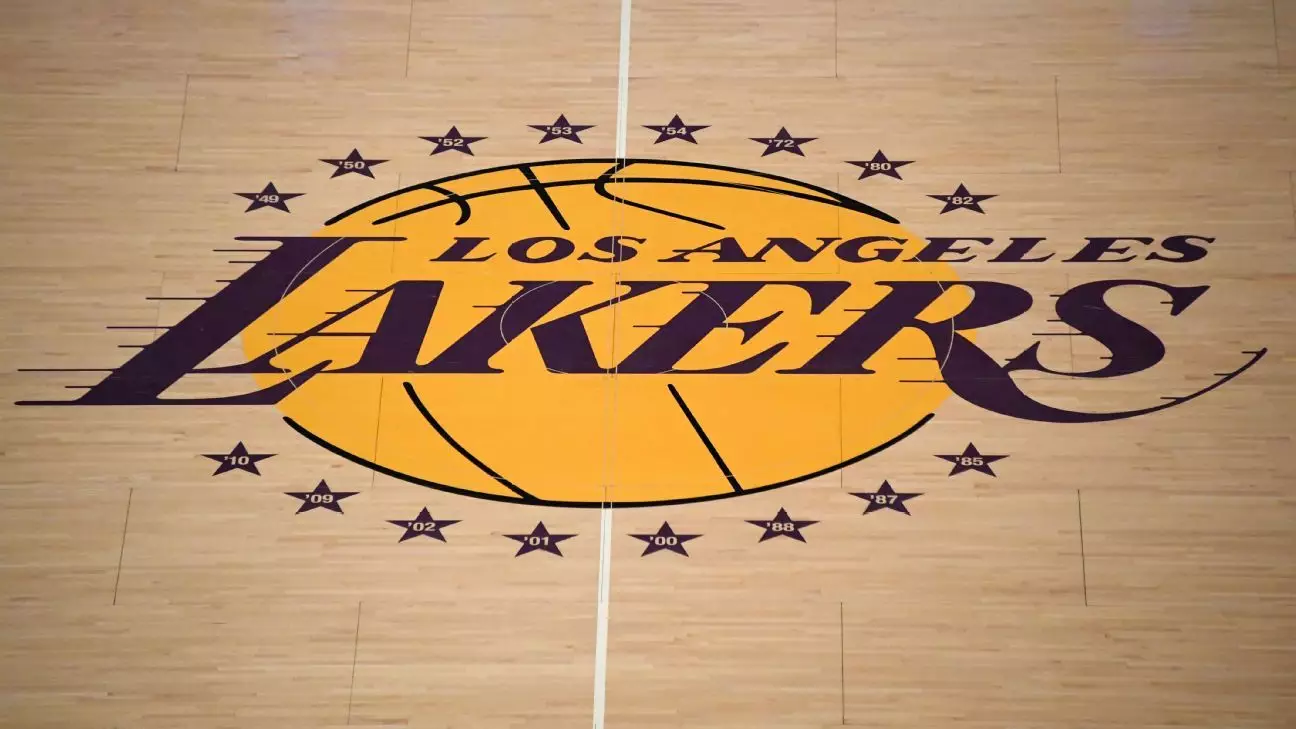The sports world is abuzz with excitement as the Buss family, guardians of the iconic Los Angeles Lakers for 46 years, has entered a monumental agreement to sell a majority stake of the franchise to Mark Walter, valuing it at an astounding $10 billion. This transaction is not just a record-setting achievement but a turning point in the landscape of American professional sports. For a franchise steeped in history and success – with 11 NBA championships since 1980 alone – this shift signals a new era, not only for the Lakers but potentially for the entire league.
While the Buss family remains involved, retaining a minority stake of over 15%, it is the leadership structure that will be most scrutinized. Jeanie Buss, who has stewarded the Lakers since her father, Jerry Buss, passed in 2013, will continue to serve as the team’s governor. The guaranteed commitment to her leadership, as stipulated in the agreement, raises questions about the dynamics of power within the franchise. Walter’s endorsement of Jeanie’s ongoing influence suggests a level of respect for her legacy and an understanding of the importance of continuity in a team steeped in storied traditions.
Mark Walter: A New Vision for an Old Dynasty
Mark Walter is not a novice in the sports realm. As the CEO and chairman of TWG Global, he possesses a well-documented passion for athletic excellence and strategic partnerships across multiple sports franchises, including the Los Angeles Dodgers and various initiatives in women’s and motorsport disciplines. His diverse portfolio positions him uniquely to bring fresh perspective and vigor to the Lakers. However, the question remains: can he match his ambitious vision with success on the court?
Magic Johnson, a Lakers icon and part of Walter’s past investment success with the Dodgers, has voiced enthusiastic support for the transition. Johnson’s social media praise emphasizes Walter’s drive for winning and excellence, essential traits for anyone stepping into a role that demands not only commitment but an understanding of the franchise’s rich culture. His remarks illuminate a belief that Walter is not merely interested in commercial gain but is sincere in his desire to cultivate success for the team and its loyal fan base.
Nonetheless, historical transitions within large franchises are fraught with challenges. The sheer weight of expectations that accompany the Lakers brand means Walter’s journey will be under the microscope from day one. Will he maintain the competitive edge that defines the Lakers, or will his fresh approach unravel the fabric that has made the team a powerhouse of basketball?
The Legacy of the Buss Family
The Buss family’s legacy is a compelling narrative of basketball entrepreneurship. They acquired the Lakers in 1979 for an estimated $67.5 million, and since, the franchise has evolved into a cultural phenomenon. Under their stewardship, the Lakers saw the rise of legends like Magic Johnson, Kobe Bryant, and Shaquille O’Neal, not to mention countless unforgettable moments that have captured the hearts of basketball fans around the globe.
The decision to sell a majority stake, yet retain a minority share, indicates a tactical move rather than a complete severance from the franchise’s operational heartbeat. Jeanie Buss’s continued presence is vital; she embodies the team’s heritage while navigating the complexities of a fast-evolving sports market. The potential shift in power dynamics raises apprehensions but also hopes for adaptive strategies that can reconcile the storied past with a vibrant future.
The Broader Implications for Major League Sports
This transaction doesn’t merely reshape the Lakers; it casts ripples throughout the NBA and American sports at large. The recent sales of teams such as the Dallas Mavericks and the Boston Celtics for $3.5 billion and $6.1 billion, respectively, foreshadow a trend where franchises are viewed as lucrative investment vehicles. This trend brings substantial financial scrutiny but potentially disconnects teams from their emotional ties to local communities and traditions.
In this market environment, the Lakers’ record valuation symbolizes something larger: the merging of sports with corporate strategies. As stakes inflate, the focus on the game’s integrity can sometimes be overshadowed by projections, profits, and the bottom line. The Buss family’s historical ownership has been marked by a genuine love for basketball, a sentiment that fans hope Walter will inherit.
As the Lakers prepare to step into this new age with a substantial monetary backing, all eyes will be riveted on how the balance between financial ambition and legacy continuation unfolds. The challenge ahead is not merely winning championships but preserving the spirit of what makes the Lakers one of the most revered brands in sports history.


Leave a Reply